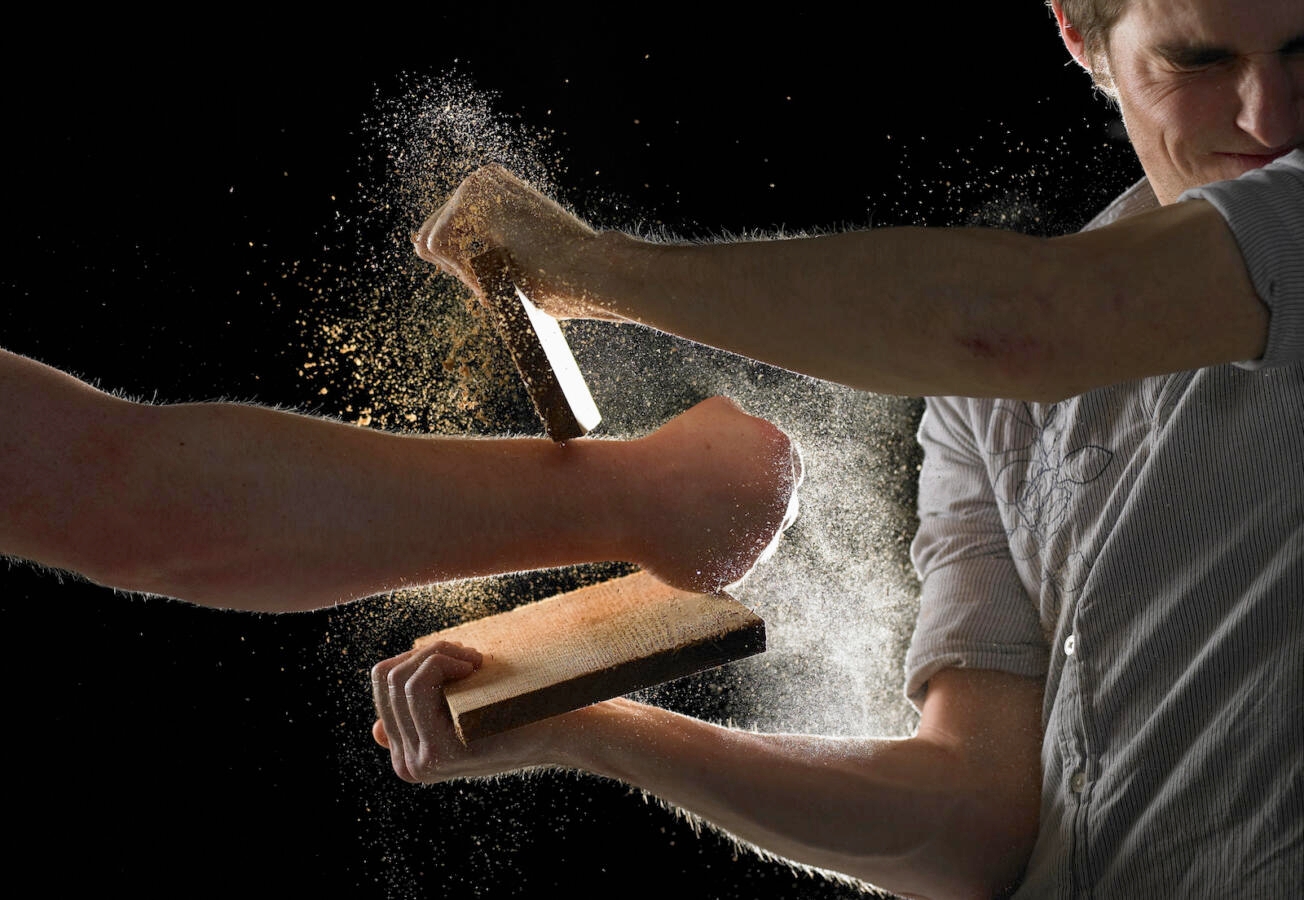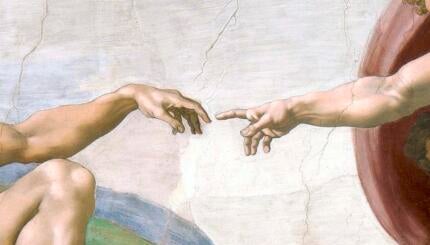From 2009 to 2014, Facebook’s official motto was “move fast and break things.” As company founder Mark Zuckerberg told Business Insider in 2009, “Unless you are breaking stuff, you are not moving fast enough.”
I first learned of this line as a rabbinical student. While most of my time was then spent studying the ancient, I also worked with beloved mentors learning the latest innovative techniques for Jewish community building. With our communities facing general disengagement, breaking with the normal way things were done potentially had major value. Moving fast was also a virtue. The sooner you had a minimally viable product, the faster you could get it to your audience and the faster you could tweak it until it was perfect.
Fast movement has come under criticism in recent years, as the tech world realized that it’s hard to implement responsible systems of oversight when the focus is entirely on speed and disruption. In the world of community building and organizing, we’ve also learned to slow down for the sake of transparency. Nevertheless, movement still has its appeal. It helps us flow, follow our energy and get things done. Movement implies a flexible, adaptable entity, ready to change with the times and strive for something better.
This week’s Torah portion is Vayigash and it is all about the movement orchestrated by Joseph, one of our people’s first disrupters. The portion opens in the middle of a conversation between Joseph and his brothers. Joseph is now the viceroy of Egypt and the brothers have been sent there by their father Jacob in the midst of a famine to secure provisions so the family could survive. At first, the brothers have no idea who they’re dealing with, but Joseph soon grows emotional and reveals his true identity.
With your help, My Jewish Learning can provide endless opportunities for learning, connection and discovery.
A rapid series of movements follows. Joseph sends his brothers to bring Jacob to Egypt. Jacob then leads his 70-person household on the journey down. Finally, and most disturbingly, we see Joseph making deals with ordinary Egyptians, trading food for their animals and land, moving them from place to place within Egypt’s borders in an effort to retain control.
All this movement yields quite a lot of change, from an earth-shattering family reunion to the creation of a new class of serfs and slaves within the kingdom. But it begins with a quiet moment of intimacy. The word vayigash means to come close. Joseph’s brothers come close to him, sparking a moment of truth when Joseph must face himself.
Facebook too began as something intimate — a place to update our friends and family about life events, celebrate birthdays, and mark tragedies and celebrations. But over time our data began to migrate and the world of custom ads took over. The intimacy the platform granted us — and occasionally still does — had transformed into something much larger, more unwieldy and potentially dangerous.
Joseph has some inherent awareness of this risk. Even as he directs his brothers to bring their father down to Egypt “with all speed,” he also gives them a warning: “Do not be quarrelsome on your way.” The Hebrew language there — al tirg’zoo baderech — is enigmatic, sparking a talmudic conversation about what exactly it means. According to one teaching (Taanit 10b), Joseph’s instructions were more specific than simply avoiding a fight: “Do not take long strides and bring sun into the city.” The rabbis explain that the danger of long strides is that they remove a fraction of a person’s eyesight.
Joseph here reveals a unique intuition about what can happen when people are moving quickly and taking big steps: They can lose their way. Though Joseph wants his brothers to move fast, he also wants them to stay focused. Speed should not come at the expense of vision.
Joseph’s guidance is a vital reminder that even in acute situations, such as securing food to stay alive, moments of change threaten to rob us of our vision if we don’t regularly pause to refocus. The same applies when we’re engaged in less urgent but still sacred pursuits like supporting a community organization, running a minyan, or founding a new youth program. Anytime change happens fast, we run the risk, as Joseph warns, of quarrels and rising anxiety. We can still be successful so long as our vision remains focused on our goals.
I count myself among those who build and make things, and I prize the ability to move quickly, learn fast and be adaptive. But without stopping to ask why, to consider the ultimate purpose of all this speed and breakage, we can get carried away with our movement or fail to see the long-term consequences.
Even Joseph didn’t act perfectly: The new servant system he installs at the end of the portion gravely foreshadows what is to come for Jacob’s descendants. But his warning is nevertheless prescient. In a world where innovation occurs at lightning speed, we can value speed and change, but only so long as we can clearly see the way.
This article initially appeared in My Jewish Learning’s Shabbat newsletter Recharge on Dec. 31, 2022. To sign up to receive Recharge each week in your inbox, click here.



